How a Commercial Electrician Can Improve Energy Efficiency
Understanding the critical role of energy efficiency in commercial settings and how a commercial electrician can be pivotal in achieving sustainability goals is essential in today's environmentally conscious world. The modern business landscape demands not only economic efficiency but also an adherence to sustainability standards. Commercial electricians are often at the forefront of this movement, offering expertise that bridges technological advancements with practical applications.
With increasing energy costs and environmental concerns, businesses are seeking ways to reduce their carbon footprint while remaining financially viable. These professionals provide invaluable services that ensure commercial buildings operate as efficiently as possible, taking advantage of new technologies and strategies to save energy and reduce costs.
1. Conducting Energy Audits
Energy audits are the foundation upon which energy efficiency strategies are built. A thorough audit allows businesses to gain a comprehensive understanding of where energy is being consumed and lost. Identifying inefficient electrical systems is a crucial first step for commercial electricians. These systems might include outdated lighting, HVAC systems, or inadequately insulated areas.
Measuring energy consumption patterns is integral for understanding which systems and actions draw the most power. Commercial electricians use a variety of tools and techniques to collect accurate data on energy use. This data helps highlight patterns and identify peak usage times, which is valuable for developing targeted efficiency strategies. Advanced audit equipment has made these analyses more precise, allowing electricians to pinpoint exactly where improvements are needed. By focusing on these problem areas, businesses can implement more effective solutions and achieve greater energy efficiency.
Once data has been collected and analyzed, it's crucial to report and analyze audit findings comprehensively. Commercial electricians generate detailed reports that provide actionable insights for businesses. Based on this analysis, they develop action plans tailored to the specific needs and structure of the commercial setting. These plans may include recommendations for updating equipment, optimizing processes, or changing operational behaviors. Through this systematic approach, commercial electricians play an essential role in guiding organizations toward more sustainable and cost-effective operations.
2. Updating Lighting Systems
Lighting systems are among the most straightforward and effective areas for improving energy efficiency. One of the primary actions electricians can take is switching to LED lighting solutions, which use significantly less energy than traditional incandescent or fluorescent bulbs. LED lights offer a longer lifespan and better energy performance, resulting in lower maintenance costs and enhanced savings over time. The efficiency gains from such updates can be substantial, given that lighting accounts for a significant portion of electricity consumption in commercial buildings. Integrating advanced lighting technology with mindful design ensures optimal performance and reduced energy use.
Smart lighting controls further enhance energy savings. These systems adjust lighting based on occupancy, time of day, or natural light levels, ensuring that lights are only on when needed. By implementing smart controls, commercial electricians help businesses reduce unnecessary energy usage, contributing to overall cost reductions and environmental benefits. Additionally, designing energy-efficient lighting layouts plays a crucial role in maximizing efficiency. A well-thought-out layout reduces the number of fixtures needed and ensures consistent, effective lighting levels across all areas of a building, enhancing both the working environment and energy savings.
Retrofitting existing fixtures is another tactic commercial electricians use to boost energy efficiency. Retrofitting involves modifying older lighting systems with more energy-efficient components while keeping the existing structure intact. This approach is often more cost-effective than complete replacements and results in less disruption to ongoing operations. By incorporating daylight harvesting systems, electricians can leverage natural light to further reduce dependence on artificial lighting. These systems automatically adjust indoor lighting based on the amount of available natural light, providing comfortable and energy-efficient illumination throughout the day.
3. Optimizing HVAC Systems
HVAC systems are critical to maintaining comfortable environments within commercial buildings, yet they're also substantial energy consumers. Implementing efficient electrical controls can significantly improve the energy performance of HVAC systems. These controls ensure that each component operates at optimal capacity, reducing waste and enhancing efficiency. Smart thermostats complement these controls by learning usage patterns and automatically adjusting settings to maintain energy-efficient temperatures. By integrating smart technology, commercial electricians help businesses achieve notable reductions in energy consumption and cost.
Regular maintenance checks are key to optimizing HVAC system performance. According to Forbes, it’s recommended that businesses schedule electrical system inspections every 3 to 6 months. Commercial electricians conduct routine inspections to identify and resolve issues that may impair efficiency. Maintenance activities include cleaning components, checking for leaks, and ensuring all parts are functioning as intended. Enhancing ventilation systems can also boost energy efficiency. Proper ventilation design reduces energy consumption by ensuring that air circulates efficiently and that HVAC systems don't work harder than necessary to maintain desired conditions.
Utilizing variable speed drives (VSDs) is another effective strategy for improving HVAC energy efficiency. VSDs allow the motors within HVAC systems to operate at varying speeds, optimizing energy use by matching output to current demand. When correctly implemented, VSDs can lead to significant energy savings by reducing the power consumed during low-demand periods. Commercial electricians are skilled at integrating these systems and customizing settings to meet the unique needs of each building. Through these efforts, businesses can enjoy a more efficient HVAC system and reduced operational costs.
4. Power Factor Correction
Power factor correction is an important aspect of optimizing energy efficiency in commercial buildings. Understanding power factor basics is necessary to recognize how power is distributed and used within a facility. The power factor measures the efficiency with which electrical power is converted into useful work output. A low power factor indicates that more energy is being wasted, leading to higher electrical consumption and costs. Identifying low power factor causes is the first step in addressing inefficiencies.
Commercial electricians play a pivotal role in diagnosing and correcting power factor issues. By installing capacitor banks, an electrician can improve the power factor, making electrical systems more efficient. Capacitor banks store and supply reactive power to motors and transformers, reducing the demand for power from the grid. This not only improves efficiency but can also reduce the costs associated with electricity charges and maintenance. The benefits of power factor correction are clear, as it leads to improved system reliability and reduced wear on equipment.
To ensure ongoing power efficiency, commercial electricians engage in monitoring and maintaining power factors regularly. Continuous monitoring helps identify new issues or shifts in power usage that could affect efficiency. Maintaining optimal power factors also helps prevent penalties from utility providers for low power factor use. The combination of regular monitoring and timely intervention ensures that commercial electrical systems operate at peak efficiency. This proactive approach ultimately supports greater sustainability and cost-effectiveness for business operations.
According to Forbes, businesses should inspect their electrical systems every 3 to 6 months. Regular inspections help catch potential issues early, maintain energy efficiency, and reduce the risk of costly disruptions. Commercial electricians ensure these inspections are thorough and identify opportunities to improve both safety and operational efficiency.
For businesses in Spokane seeking to enhance energy efficiency, reduce costs, and maintain safe, reliable electrical systems, Apollo Electrics is the trusted choice. Our commercial electricians provide expert inspections, energy audits, lighting upgrades, HVAC optimization, and power factor correction. Schedule your inspection today to ensure your commercial space is operating efficiently, sustainably, and safely. Contact Apollo Electric to get started!
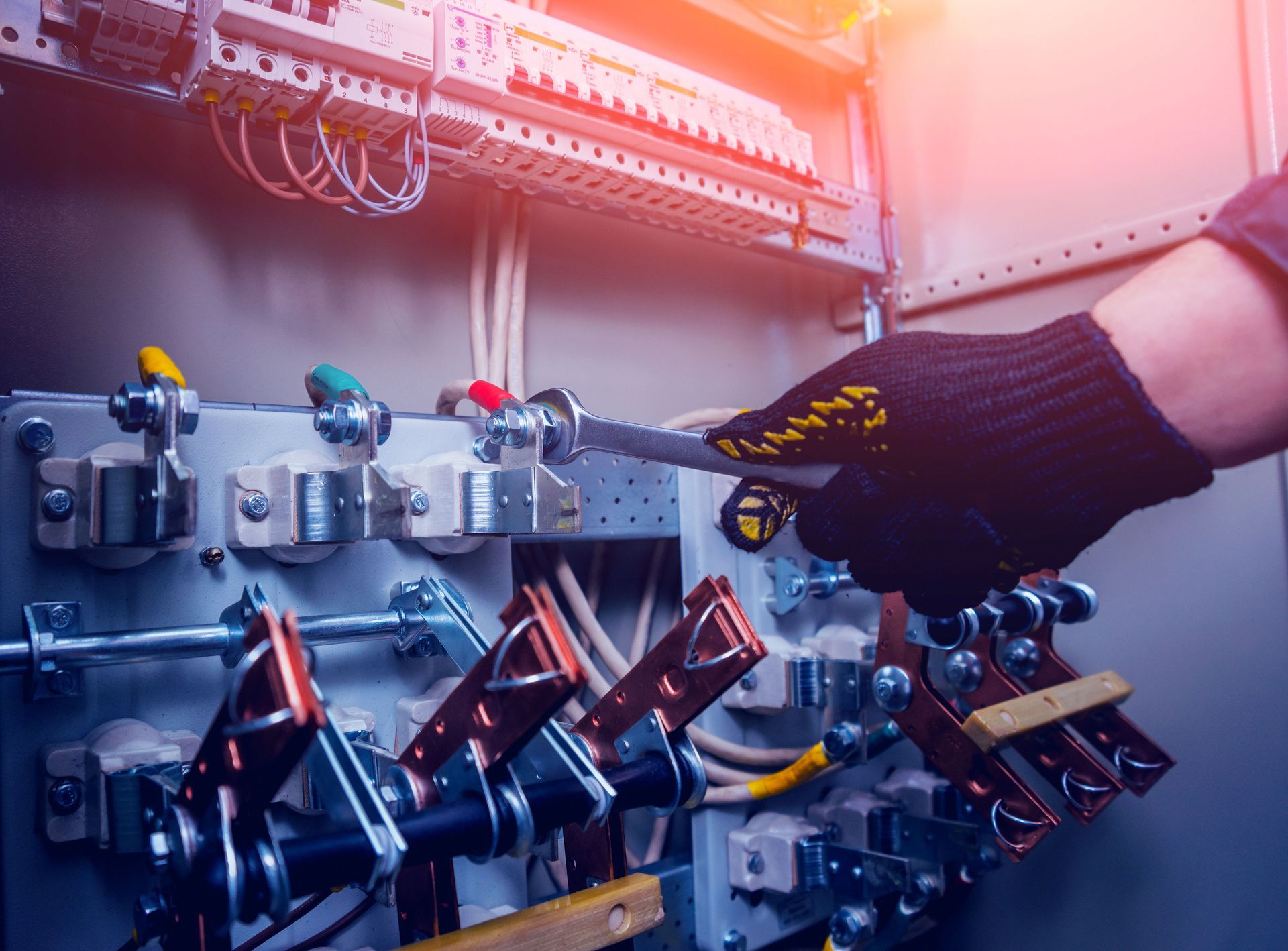
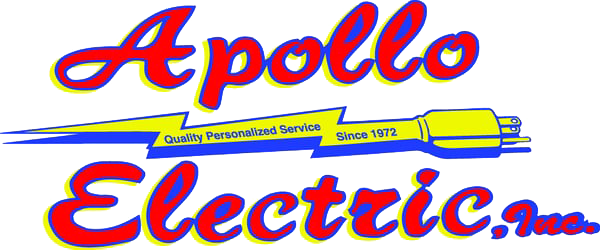
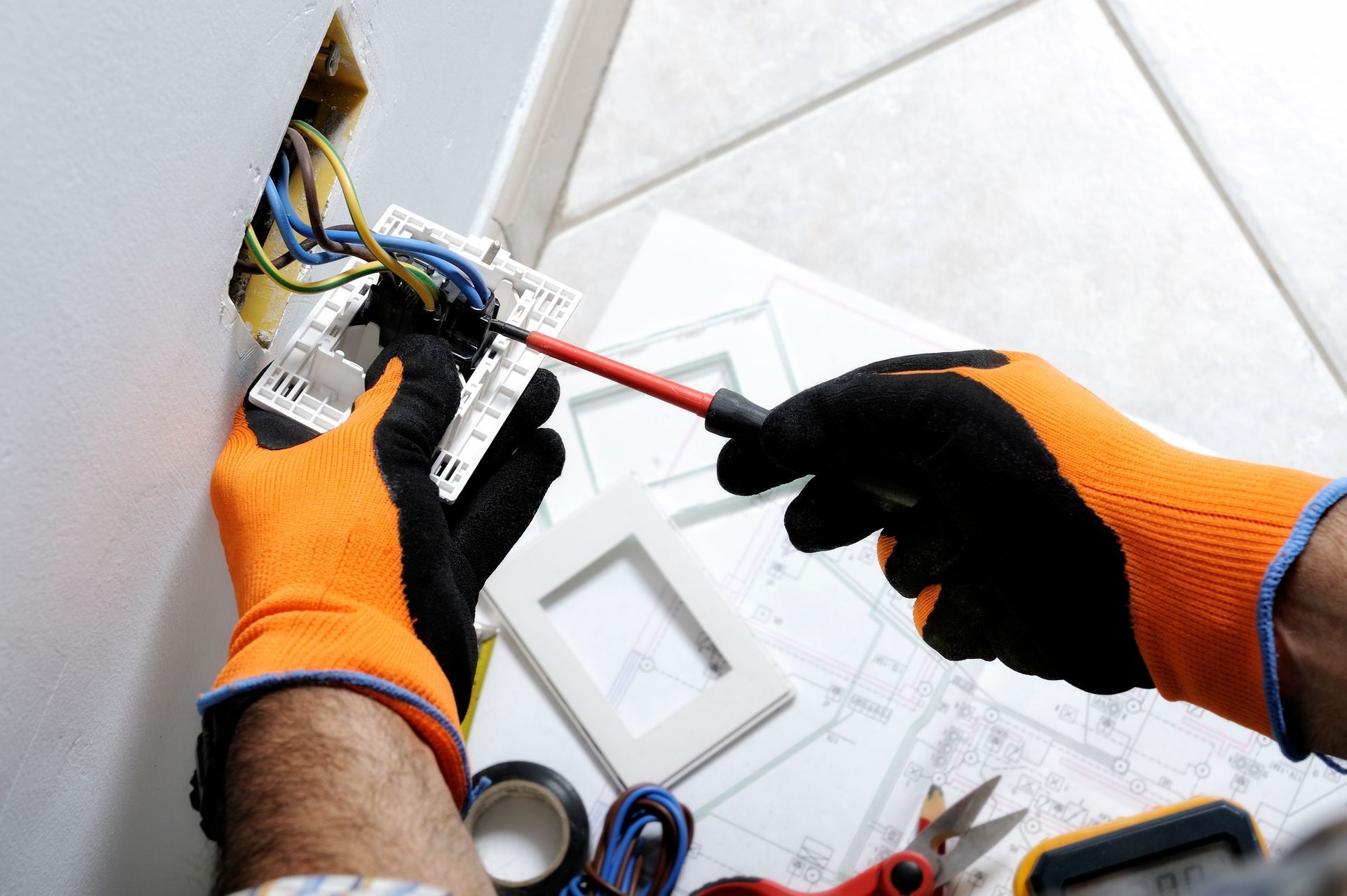
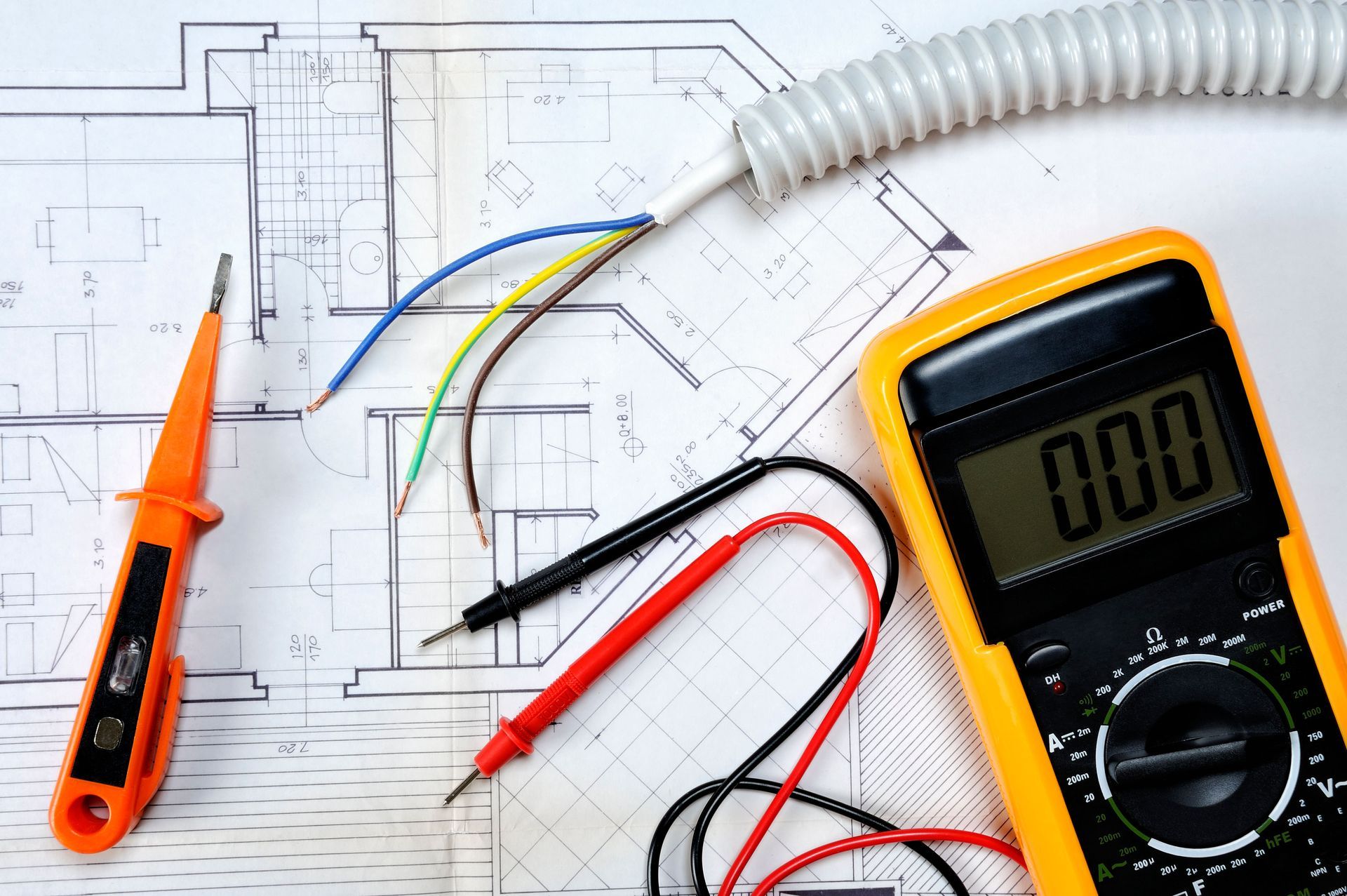
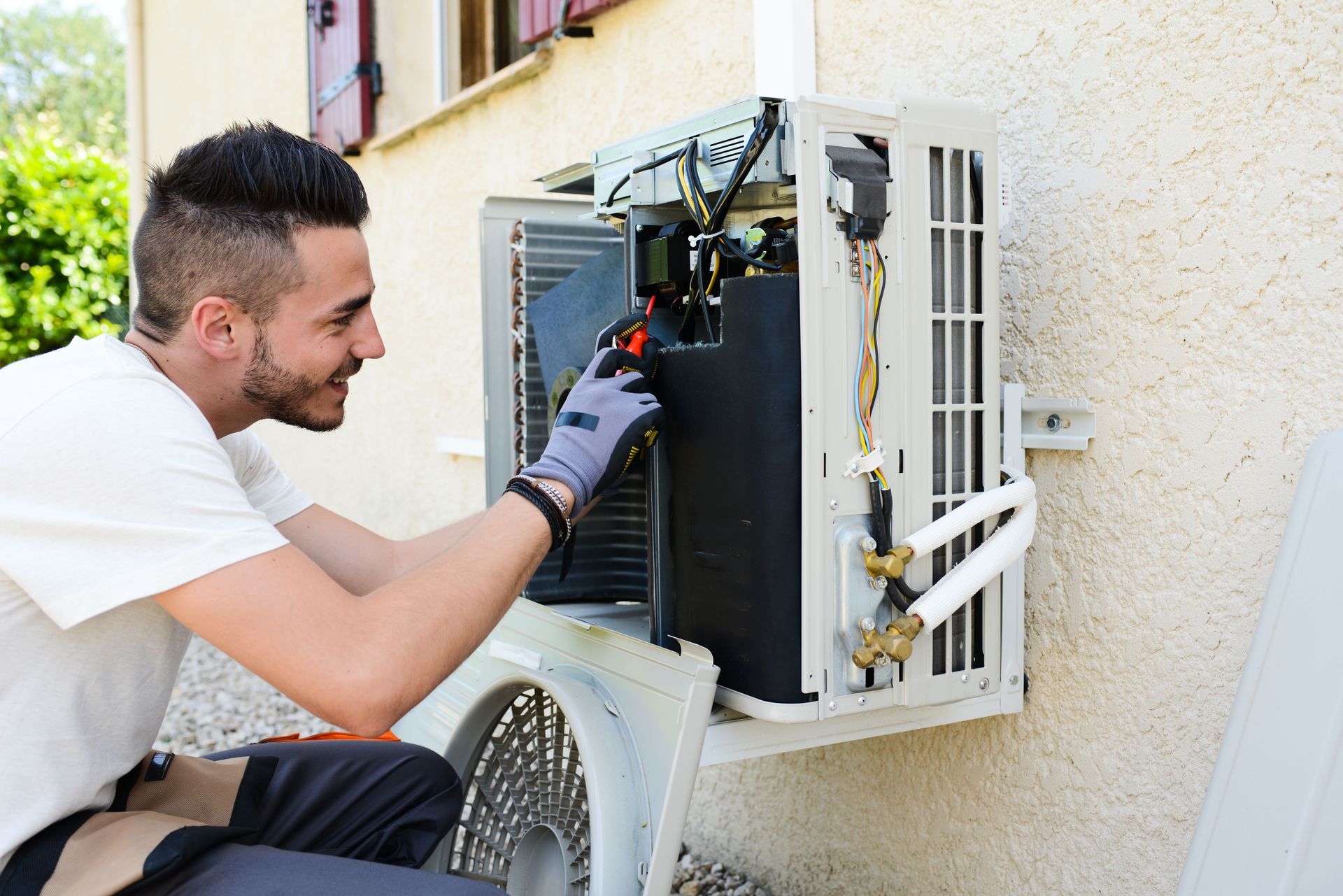
Share On: